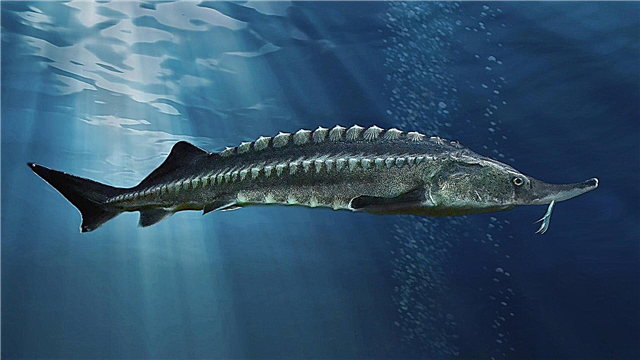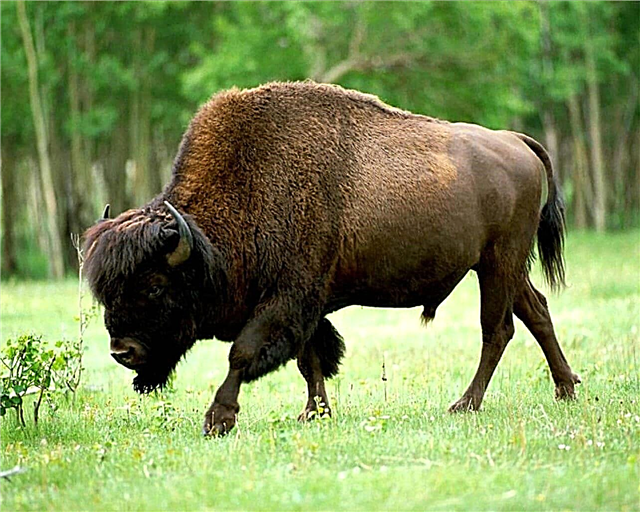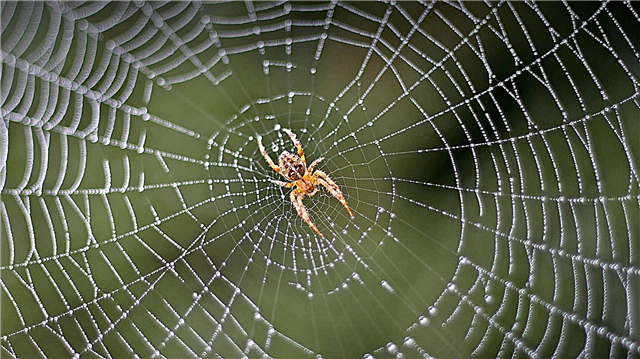
Dogs and cats are the most common pets. What is the reason that cats are worse trained?
The nature and behavior of cats
Cats are very different from other pets, particularly dogs. Their behavior, nature is laid down by nature. The most striking example is how cats and dogs meet their owners after separation. While the dog rushes to the door or waits for several hours near the owner's return, the cat may not pay much attention to this event. Of course, this is not a prerequisite - we are talking about most animals. Also, the dog will patiently wait for it to be fed or taken for a walk, and the cat will insistently demand to satisfy its needs instantly.
The difference in behavior between a cat and a dog
Cats by nature are more proud and independent creatures. No wonder they were revered in Ancient Egypt, depicted in the drawings next to respected personalities and tried in every possible way to appease. The cat was considered a sacred creature, while not a single dog was awarded this title.
Several types of feline character are distinguished on the basis of numerous surveys of animal owners and a study of their behavior. There are cats that quickly become attached to people or their relatives. There are those who actively hunt, show curiosity for everything or independence. Of course, the easiest way to educate something pets belonging to the type of "cat-man."
What kind of character an adult cat will have depends on many factors. Many features of behavior are inherent in genes. For example, Siamese cats are considered the most aggressive and at the same time smart. Also, the formation of the character is influenced by the conditions of the animal, its attitude to it from an early age. Cats are more difficult to get used to people and can be wary of everything for a long time, especially if they used to live in captivity or in poor conditions. Dogs, for example, adapt much faster and respond positively to care from the new owner.
Domestication and training of cats
The main reason for the poor learning of cats is their natural desire for loneliness. Cats do not need a pack. Since ancient times, they are used to doing everything on their own. Why do animals form groups at all? Where did the herd instinct come from?
Many animals are grouped for various purposes. The main reasons are safety, food, and offspring. The larger the group, the easier it is to escape from the predator or, conversely, to hunt. It also simplifies the search for a couple, creating a family and further care for posterity. But cats don’t need all this. They prey on small rodents and do not seek to share their prey with someone else. They move fast enough, have excellent hearing, therefore they are able to hide from the enemy. All these instincts are so firmly “settled” in feline psychology that they remained unchanged even after domestication.
Since cats live alone, they do not know the concept of submission to a leader. Accordingly, they are difficult to train, because they do not regard a person as a leader. Training, although possible, but requires a lot of strength and patience. It is impossible to force a cat to train, to force him to do what she does not want, and also to punish for failure to execute commands - all these actions are meaningless.
Interesting fact: Leopards, cheetahs, tigers prefer lonely lives, but not lions. They have a slightly different psychology, which makes them unite in prides. Lions need their own territory, which the flock can protect from other predators.
However, one cannot say that people have tamed cats. They did it themselves, allowed themselves to be tamed. And it happened as follows. In search of food, wild cats quickly remembered that the most rodents found where there are people. Human settlements suffered from the constant invasion of mice and rats. Gradually, cats lingered longer next to people. But their domestication was more difficult than what happened to dogs, horses and other animals.
Cats prefer to live alone and never form groups, packs. Wild ancestors of cats approached people in search of prey - small rodents. As a result, a long process of their domestication began, but most instincts remained even in modern domestic animals. Man is not a leader for a cat, because it is an independent animal, not used to obeying anyone.Because of this, difficulties arise in training, since cats require a special approach.












